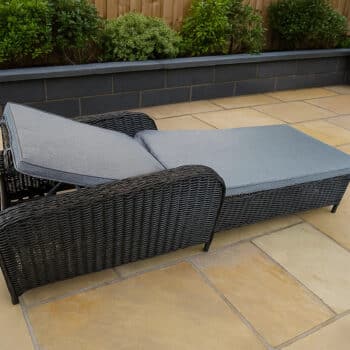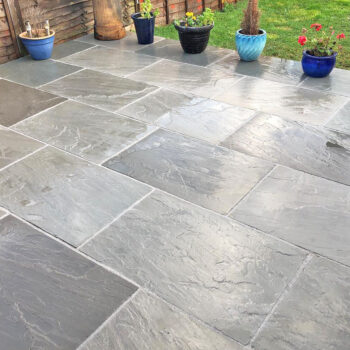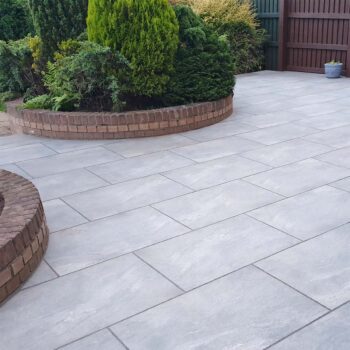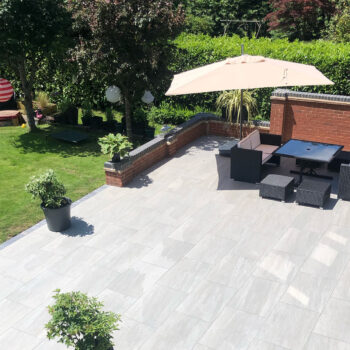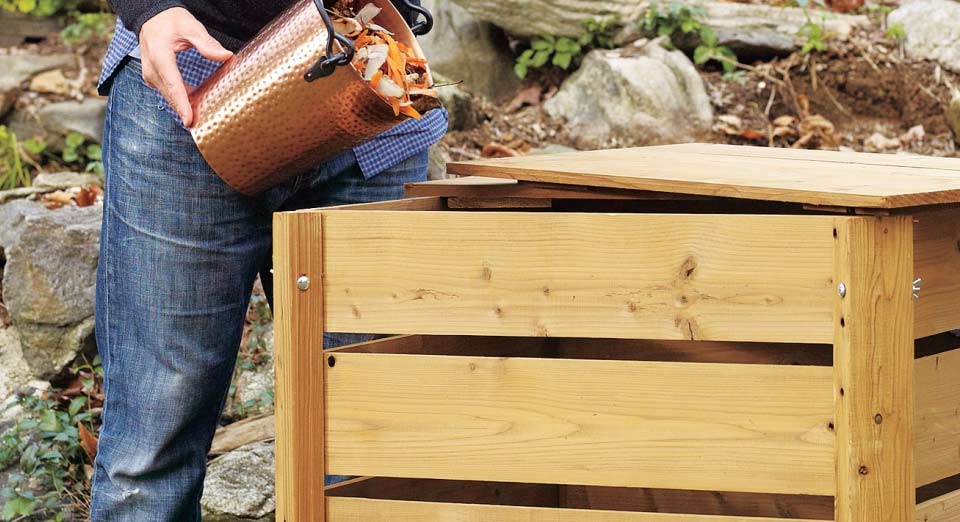Making your own compost is a fantastic way to recycle garden waste AND keep your soil rich in nutrients – helping your plants to thrive, without spending lots of money.
Making compost can take anything from a few months to a couple of years, depending on the materials you use and the time of year you begin (the process is quicker in the summer than in the winter), as well as the type of compost you want at the end.
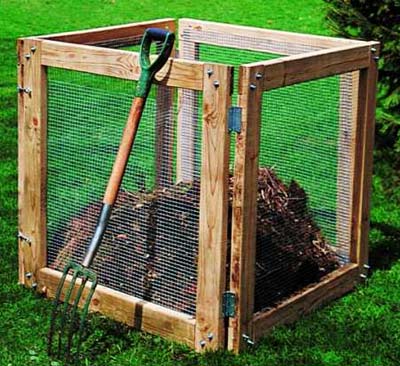
1. Prepare for the process
To make your own compost, we recommend using a composter (a large, plastic bin with a lid at the top and sliding door at the bottom) for the best results. Composters help to retain the moisture and heat that is essential to the composting process. The size of your composter will usually depend on the size of your garden, however, we recommend a composter that holds 200 litres, as this will hold plenty of material. Try and fill the composter as quickly as possible, as the decomposition process will not start properly until it is full.
Tip: Situate your composter over the earth (this will help moisture to drain easily) and somewhere that provides some shade and protection from the weather. The composting process is most successful when a constant temperature is maintained.
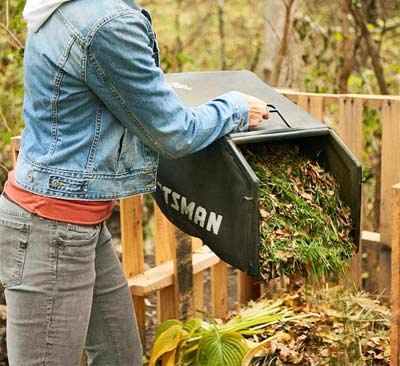
For rapid decomposition, ensure you have a balanced collection of dry, fibrous material (shredded prunings, newspapers or straw), wet greenery (grass clipping, plants and weeds) and organic kitchen waste (old fruit and vegetables).
You can add woody material such as trimmed branches, however, you must ensure it is chopped finely before adding it to the composter. You can use a garden shredder or if you have a little time, secateurs.
Warning: Do not put processed food or meat and fish in your composter as this will attract vermin. Always keep in mind that weed roots and seeds may spread around the garden when you eventually spread the compost. Do not ever add sawdust, cardboard, glossy magazine paper or thick woody material to your composter.
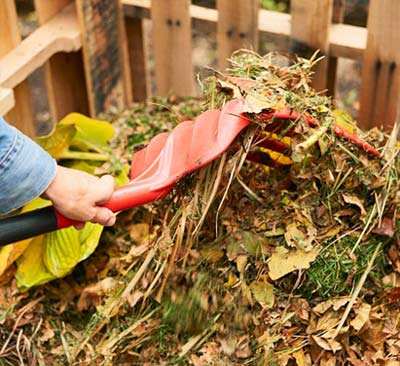
3. Turning your compost
Compost will generally do everything it has to do on its own, however, we recommend turning the heap to increase airflow and aid decomposition. Simply take a garden fork, or a similar garden tool, and turn over the material in the composter. Aim to turn the compost once every month for the best results.
How long before your compost is ready?
This depends on when you started composting. Compost started in the autumn can be ready for spring. Most people leave their compost for anything from six months to two years. However, as soon as your compost is dark brown in colour and has a rich, earthy smell, it is ready to use. Rub the compost between your fingers to check the texture, too. Your compost should feel like soil and have a crumbly texture.
Top Tip
- It is important that your compost doesn’t get too wet, however it shouldn’t get too dry, either. When you are turning the heap, you will be able to inspect moisture levels and determine whether you need to add more moisture to your compost.
